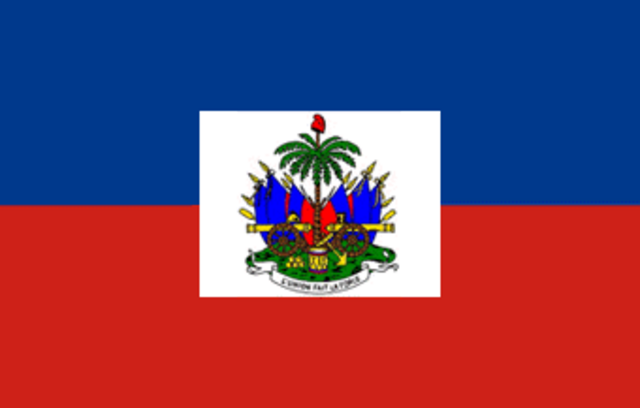In the streets of Port-au-Prince, Haiti, a palpable shift in power dynamics has unfolded, with ruthless gangs inciting fear and chaos among the populace. These criminal factions, now controlling an estimated 80% of the capital, are not only engaged in territorial wars but are also leveraging social media to disseminate horrifying footage of their torturous acts, accelerating the process of ransom collection from the numerous kidnapping victims they hold, CNN reports.
The situation has deteriorated to the extent that Haiti's government was compelled to declare a state of emergency following a daring prison break, leading to the escape of thousands of inmates, further destabilizing the already fragile nation. The United Nations' alarming estimate of gang dominance in the capital and their relentless push for total control has pushed the civilian population to the brink, manifesting in widespread protests demanding change.
At the heart of this turmoil is Jimmy "Barbecue" Cherizier, a former police officer turned gang leader, who has positioned himself as a quasi-Robin Hood figure within his controlled territories. In a bold declaration, Cherizier has announced his intention not merely to overthrow the current Prime Minister Ariel Henry's government but to instigate a systemic transformation within Haiti. This sentiment echoes the dissatisfaction with Henry's leadership, especially given his ascension to power was not through a democratic election but a mere appointment by the late President Jovenel Moïse shortly before his assassination.
Under Henry's watch, gang violence has not only persisted but intensified, with attacks on police stations and the liberation of prisoners marking a direct confrontation with the state. The legitimacy of his leadership has been a contentious issue, further exacerbated by his failure to conduct promised elections, thus deepening the political crisis.
The impact of this unbridled violence is profound, with essential services like schools and hospitals shuttering and over 100,000 people displaced in 2023 alone, as per the International Organization for Migration. The pervasive influence of gangs has necessitated negotiations by humanitarian agencies like the International Committee of the Red Cross with numerous gangs to facilitate aid delivery.
In a desperate bid to quell the violence, a recent agreement signed between Kenya and Haiti aims to deploy 1,000 Kenyan police officers to assist in restoring order. This move, announced during Henry's visit to Kenya, underscores the dire need for international support to combat the gang menace. However, Henry's commitment to conducting elections as a pathway to stability seems ever elusive amid the prevailing anarchy.
The gang leader "Barbecue" has openly threatened to detain key government figures and impede Henry's return to Haiti, a stark indication of the escalating power struggle. This political instability, coupled with the surge in gang dominance, paints a grim picture for Haiti, with the toll of violence more than doubling in 2023 compared to the previous year.
As the crisis deepens, the future of Haiti hangs in the balance, with its people yearning for peace, stability, and a return to democratic governance amidst the turmoil that has besieged their nation.






